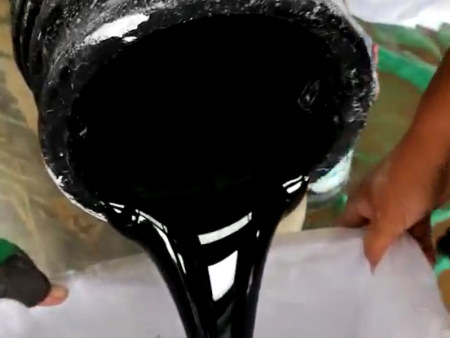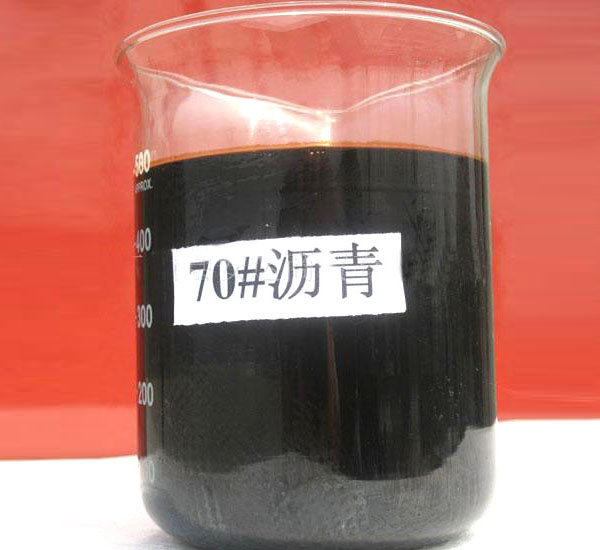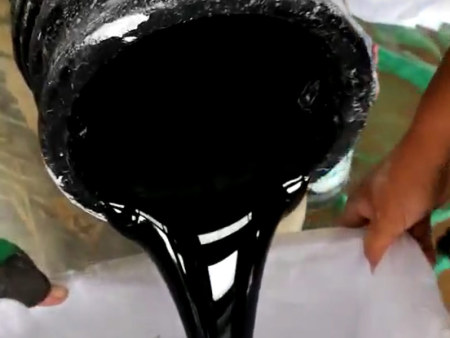

Asphalt is a dark brown complex mixture composed of hydrocarbons of different molecular weights and their non-metallic derivatives. It is a kind of high-viscosity organic liquid. It is a liquid with a black surface and can degrade carbon disulfide.
Uses of asphalt:
The main uses are as basic construction materials, raw materials and fuels, and are used in various sectors such as transportation (roads, railways, aviation, etc.), construction, agriculture, water conservancy engineering, industry (excavation, manufacturing), and civil use.

Types of asphalt:
1. Coal tar pitch
Coal tar pitch is a by-product of coking, that is, the black substance remaining in the distillation kettle after tar distillation. It differs from refined tar only in physical properties, and there is no obvious limit. The general division method is to specify that the softening point is below 26.7 ℃ (cubic method) is tar, and 26.7 ℃ above is asphalt. Coal tar pitch mainly contains anthracene, phenanthrene, and pyrene which are hard to volatile. These substances are toxic and the temperature of coal tar pitch is also different due to the different content of these ingredients. The change of temperature has a great influence on coal tar pitch, which is easy to crack in winter and soften in summer. It has a special smell when heated; after heating to 260℃ for 5 hours, the anthracene, phenanthrene, pyrene and other components contained in it will volatilize.
2. Petroleum asphalt
According to the different degree of refining, it becomes liquid, semi-solid or solid at normal temperature. Petroleum asphalt is black and shiny, with high temperature sensitivity. Because it has been distilled to more than 400°C during the production process, it contains very little volatiles, but there may still be polymer hydrocarbons that are converted and volatilized. These substances are more or less harmful to human health .
3. Natural asphalt
Natural asphalt is stored underground, and some form ore layers or accumulate on the surface of the crust. Most of this bitumen has undergone natural evaporation and oxidation, and generally does not contain any toxins.
Asphalt materials are further divided into natural asphalt and petroleum asphalt. Natural asphalt is the residue of petroleum after long-term exposure and evaporation from the surface of the earth; petroleum asphalt is the product obtained by refining residual oil from refined petroleum after proper processing. Tar pitch is the product of reprocessed tar obtained from the retorting of organic matter such as coal and wood. The top of the asphalt used in the project is petroleum asphalt. Petroleum asphalt is complex. Generally, the asphalt has a flash point between 240 °C and 330 °C, and the ignition point is about 3 °C to 6 °C higher than the flash point, so the construction temperature should be controlled below the flash point.


WhatsApp:+86 18224529750
Email: sales@sinoroader.com
Wechat: Sinoroader
Code: 461000
Address: No. 1001 Longxiang Industrial Park, Weidu District,XuChang,HeNan, China

